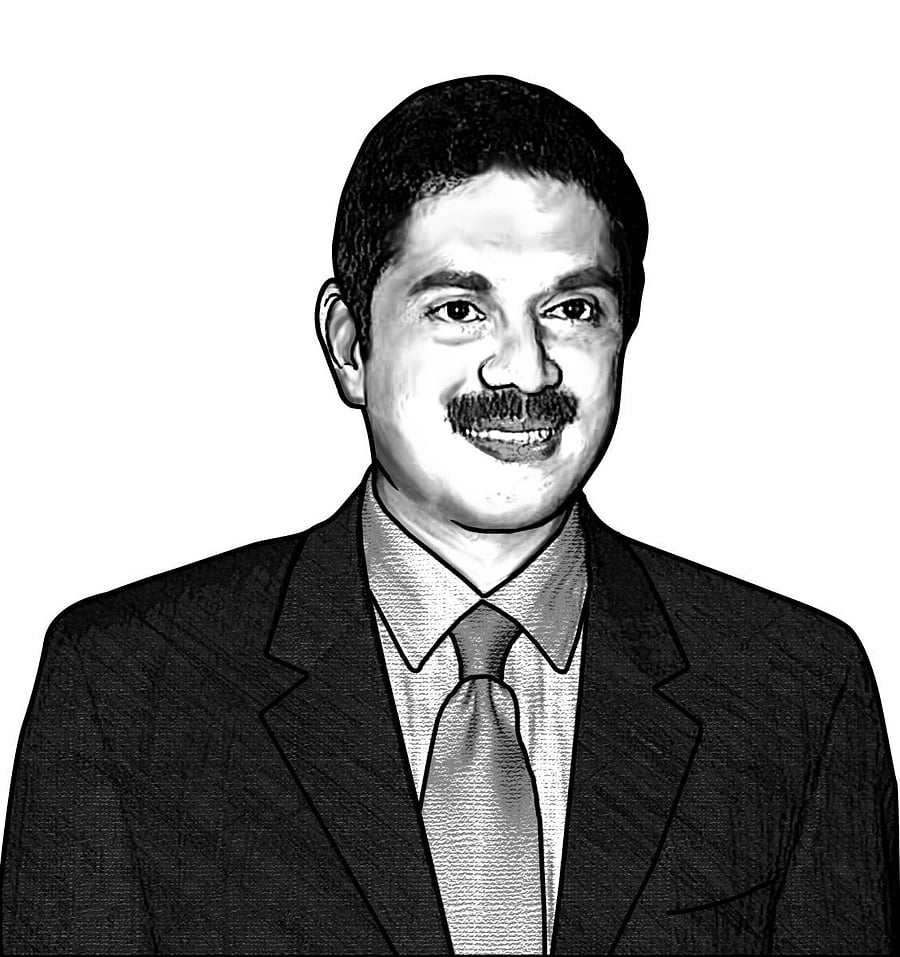
Many years ago, leaning on one of the imposing Corinthian columns of a grand old university’s impressive building, a young, bearded teacher gave flight to his imagination. “One day, I will become Vice-Chancellor,” he told his colleagues. Which academician would not dream of heading a university that was once helmed by poets, eminent journalists, distinguished parliamentarians and literary giants?
For years, the teacher worked assiduously to attain his goal. In due course, he went on to become a senior lecturer, a reader and, finally, a professor. He endeared himself as a good teacher and would soon hold almost all top positions in another prominent university. Midway, a taint would stick to his name, though an inquiry cleared him of all charges. The professor was inching forward, slowly but steadily, one step at a time towards his goal. Soon, his target would be within striking distance.
His first opportunity came shortly. When the post of a Vice-Chancellor fell vacant in one of the universities in the state, he virtually moved heaven and earth to get selected. The whole experience of lobbying with politicians and middlemen even for a distinguished academic assignment disgusted him. He was even more disappointed to learn that merit was the least of the considerations for the job, the top two being caste and money.
As the professor did not belong to a major community, the only option was to ‘buy’ the post. He begged and borrowed and could muster Rs 3 crore, only to be forced to withdraw as his competitor had amassed a kitty of more than double that. Predictably, the post went to the highest bidder.
Many such opportunities presented themselves subsequently, but caste and money always remained impediments. Eventually, the professor retired from service.
Then, one day, the government once again advertised for a few posts of Vice-Chancellors, and his hopes went up again -- this would be his last chance, before being barred by age.
Desperate, this time, he took some reckless decisions. He borrowed a huge sum from various quarters. He even paid an advance of a couple of crores to the ‘contact’ who had promised him the job. His friends tried to dissuade him. Some accused him of adopting unethical means, but the professor countered them: This is the only way available since merit is given no consideration. Others wondered how he would be able to recover the amount and pay back those who had lent him the money – and this time it would be Rs 5-8 crore.
Months later, the names of the new Vice-Chancellors were announced. The professor expectantly looked through the list. He frowned. He checked the list again. His name wasn’t there. He called up the ‘contact’, who said the money could not be returned because it had already been “distributed”. “We will do something next time,” he assured the professor. But the aging man knew there was no next time.
The next morning, his family discovered him lying dead, a suicide note beside him saying no one was responsible for his death, or that of his dream. Welcome to a world-class university education.